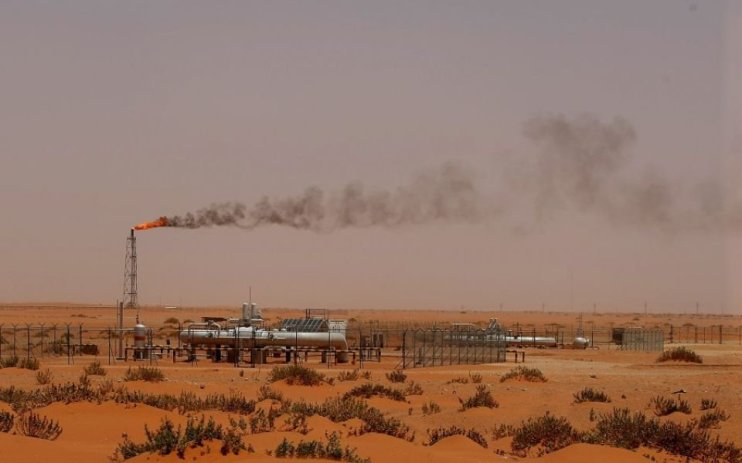OPEC+ maintains output rises despite fears of reduced oil demand

OPEC and its allies including Russia (OPEC+) are sticking to its established policy of monthly oil output increases, despite fears of reduced demand following the new Omicron variant, and White House commitments to release strategic crude reserves.
The organisation is maintaining its growth plans despite swirling headwinds that are set to cause serious issues for the industry over the coming months.
Prices on both major benchmarks were one per cent on Thursday evening, following the announcement,
Nevertheless, both benchmarks remain below $70 per barrel after last Friday’s shock drops of 13 and 11 per cent on the WTI and Brent crude benchmarks respectively.
The industry is facing growing concerns of a potential surplus in supply, with new pandemic restrictions in developed economies and reduced air travel demand.
Concerns over the pandemic have undercut successive rallies this autumn, as the market recovered from below zero prices during the pandemic due to increased consumption.
The organisation now fears a supply glut, with internal reports suggesting a potential surplus of 3.8m barrels by March.
However, it is also wary of raising tensions with the US, which has previously called for OPEC+ to release more supplies – beyond current commitments of 400,000 barrels per day from January.
President Joe Biden has joined forces with China, UK, South Korea, Japan and India to release strategic reserves to cut off future oil price rallies.
Prices rallied to three year highs of $86 per barrel in late October, before losing approximately 20 per cent of value on both benchmarks over the course of November.
The US president is struggling to deal with soaring gasoline prices, while his declining popularity ratings leave him under pressure ahead of crucial mid-term elections next year.
Deutsche Bank published a bearish outlook on oil earlier this week, arguing WTI could fall below $60 per barrel next month.
Michael Hsueh, commodities research, argues that the oil market will shift in to a big surplus and over-supply next year.
This was assuming a delay in OPEC production increases, which are now going ahead – deepening the potential for serious industry issues next year.